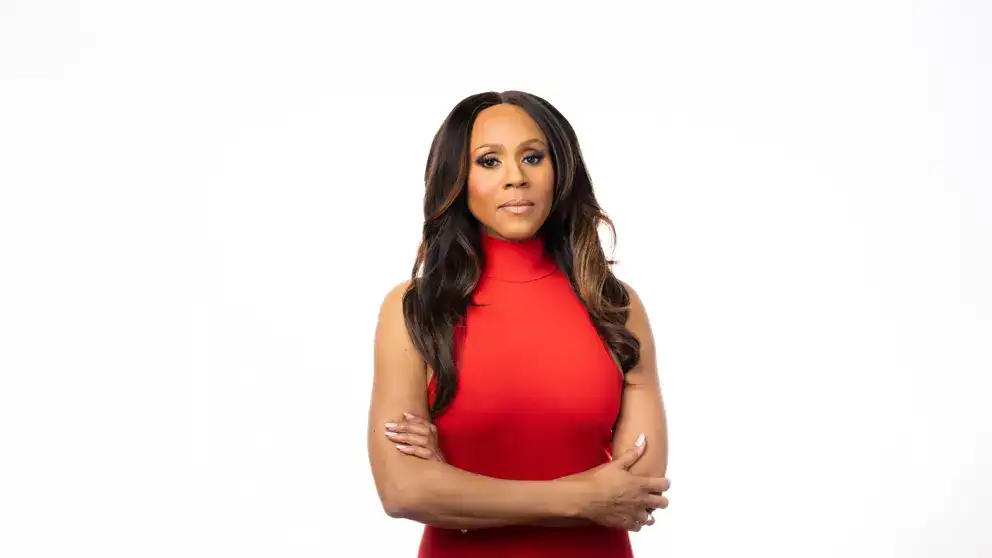The song "Beautiful U R" echoes beautifully in the studio, quieting the bustling voices of the production crew and staff. In between takes for a Heart & Stroke video, Deborah Cox is singing. Her powerful voice captures the attention of everyone present. Heads turn and phones are quietly taken out to record the moment.
Deborah Cox’s voice can do that to people. And now she is committed to using it for a cause close to her heart.
As the first Black female inductee into the Canadian Music Hall of Fame and a three-time Juno Award winner, Deborah Cox has impacted Canadians and people around the globe with hits like "Nobody’s Supposed to Be Here" and "We Can’t Be Friends". After celebrating a year of milestone accolades, she is partnering with Heart & Stroke to raise awareness of women’s heart and brain health. It’s a cause that became even more important to her after women in her own family were impacted by these conditions.
“Heart disease and stroke has touched my family in a way that really was a reminder of how fragile our lives can be,” she says.
Two-thirds of heart disease and stroke research has focused on men, and many guidelines for heart disease and stroke still fail to adequately address women’s needs. Women’s bodies are not the same as men’s — and neither are their lives. There are clear biological differences that mean women face distinct risk factors.
“As women, we’re always the caregivers. We tend to extend ourselves in a way where we put our own health last,” says Cox.
Through her partnership with Heart & Stroke, Deborah is keen on encouraging everyone to educate themselves on women’s heart and brain health so that women affected by these conditions see better outcomes.
“I’m an advocate for women and I want women to empower themselves by learning all they can about their bodies and their unique risk factors for heart disease and stroke. But it’s going to take all of us to empower us,” she says.
“I’m hoping that everyone – not just women, but also healthcare professionals, people with a woman in their life that they care about — can take the time to learn more about women’s heart and brain health.”
It's going to take all of us to empower us.
We’ve seen progress over the past five years. Heart & Stroke invested $5 million from the federal government and an additional $5.5 million from partners and donors in women’s heart and brain health research and awareness efforts. Discoveries by researchers including Dr. Padma Kaul and Dr. Glen Pyle will ultimately save more women.
Deborah is passionate about ensuring that this progress continues. And she is using her voice to make sure of it.
“As a mother, as a sister, as a friend, I wanted to work with Heart & Stroke to raise awareness and give women an opportunity to learn more about themselves. I hope to use my platform to highlight this very important cause.”
